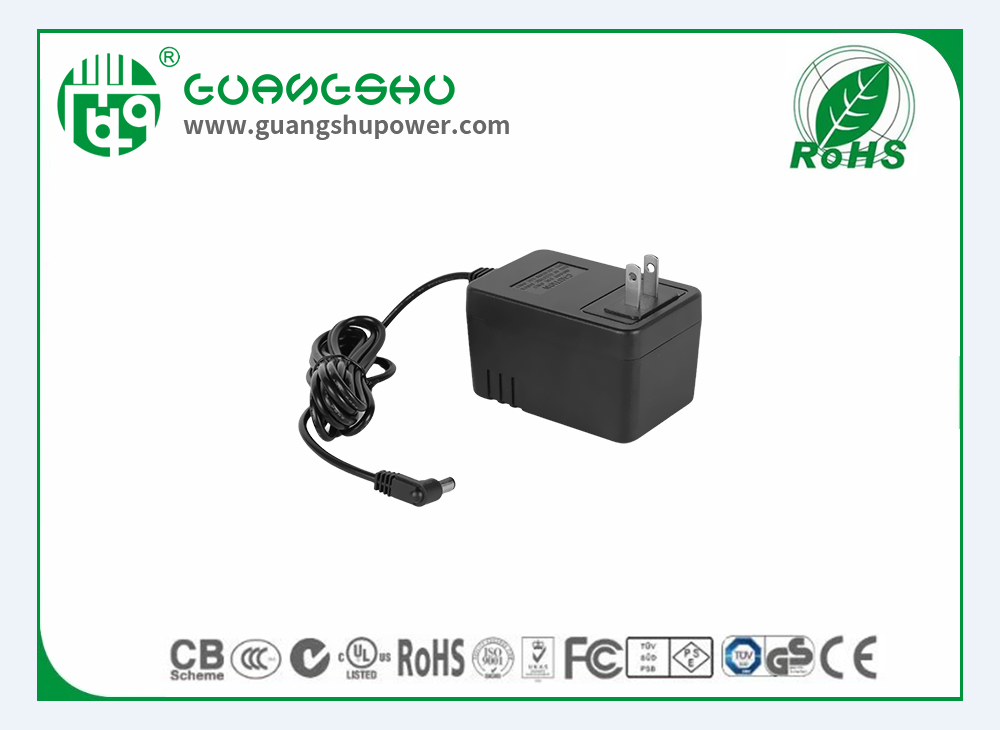Time:2024-11-15 Views:0

In a laboratory setting, power adapters play a crucial role in ensuring the proper functioning of various scientific instruments and equipment. Laboratories often require a reliable and stable power source to conduct experiments and research activities.
Power adapters for laboratory use are designed to meet the specific needs of laboratory equipment. They are typically built with high-quality materials and components to ensure durability and long service life. These adapters are also designed to provide a consistent output voltage and current, which is essential for accurate and reliable operation of laboratory instruments.
One of the key features of power adapters for laboratory use is their safety features. Laboratories deal with potentially hazardous materials and equipment, so power adapters must be designed to prevent electrical shocks, short circuits, and overheating. Many laboratory power adapters come with built-in safety features such as overload protection, short circuit protection, and overvoltage protection.
In addition to safety features, laboratory power adapters may also have other features such as adjustable output voltage and current, multiple output ports, and compatibility with different types of laboratory equipment. These features allow laboratory technicians to customize the power supply to meet the specific needs of their experiments and equipment.
Overall, power adapters for laboratory use are an essential part of any laboratory setup. They provide a reliable and stable power source for laboratory equipment, ensuring accurate and reliable results in scientific research and experiments.
Read recommendations:
10W Global Model Switching power supply